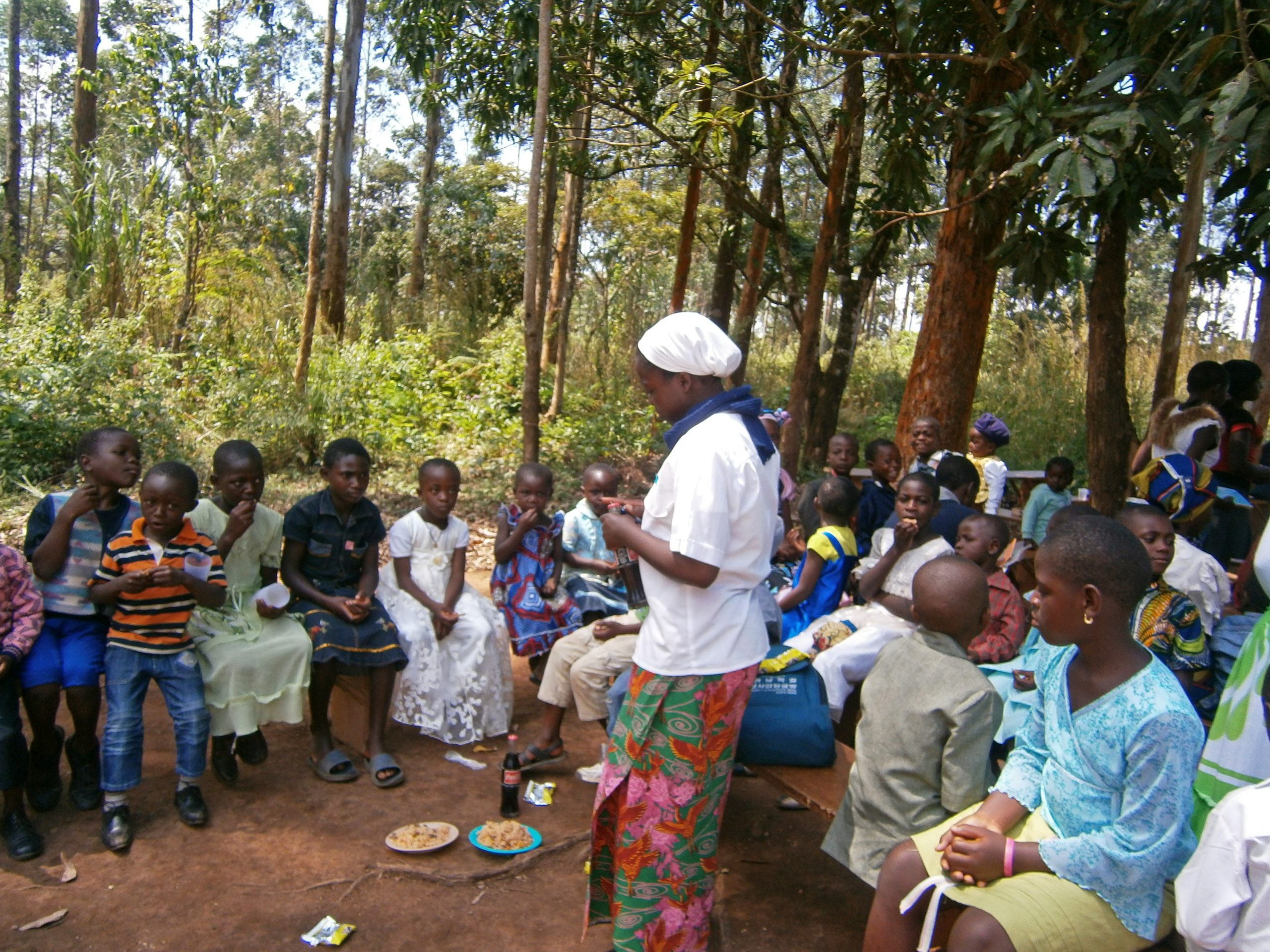Preaching a message of peace in a conflict-ridden region, Archbishop Andrew Fuanya Nkea took over the Archdiocese of Bamenda in Cameroon on Feb. 22 2020.
“I am coming to Bamenda at a very difficult time, a time when the socio-political crisis has hit the whole ecclesiastical Province of Bamenda,” Archbishop Nkea said.
“We have seen a lot of suffering; we have seen a lot of killing and violence. We are tired of war. We are tired of running in the bushes. We want peace to come back,” the archbishop told Crux after his installation Mass.
Bamenda is the capital of Cameroon’s North West Region, which together with the South West Region, forms the English-speaking regions of the majority French-speaking nation. Bamenda is the metropolitan archdiocese for all of Anglophone Cameroon, making Nkea the de-facto leader of English-speaking Catholics in the country.
The archbishop told those gathered in the metropolitan cathedral that “It’s only through the Gospel that we can permeate all the spheres of society, and like the motto of my Episcopal Ordination says, ‘In spirit and in Truth.’ Therefore, whatever we do in this archdiocese, we do it, guided by the Holy Spirit, and for the Truth, and only the Truth”.
The Mass was attended by leaders of other Christian denominations, as well as by Islamic leaders.
“We shall continue to work together in a spirit of ecumenism and inter-religious dialogue,” the archbishop told them.
The papal representative to Cameroon and Equatorial Guinea, Archbishop Julio Murat, also called for dialogue during the event.
“Nothing is lost with peace, but all is lost with war,” Murat said.
The population of the two English-speaking regions make up about 20 percent of the country’s total, and traditionally use a school system based on England as well as the common law legal system.
In 2016, a protest by Anglophone lawyers and teachers over attempts to change the education and legal systems by the central government quickly degenerated into an armed rebellion with many English speakers demanding for outright independence, with separatists declaring their new country was called “Ambazonia.”
The conflict has killed at least 3000 people, and left over 700,000 others displaced, according to the United Nations.





